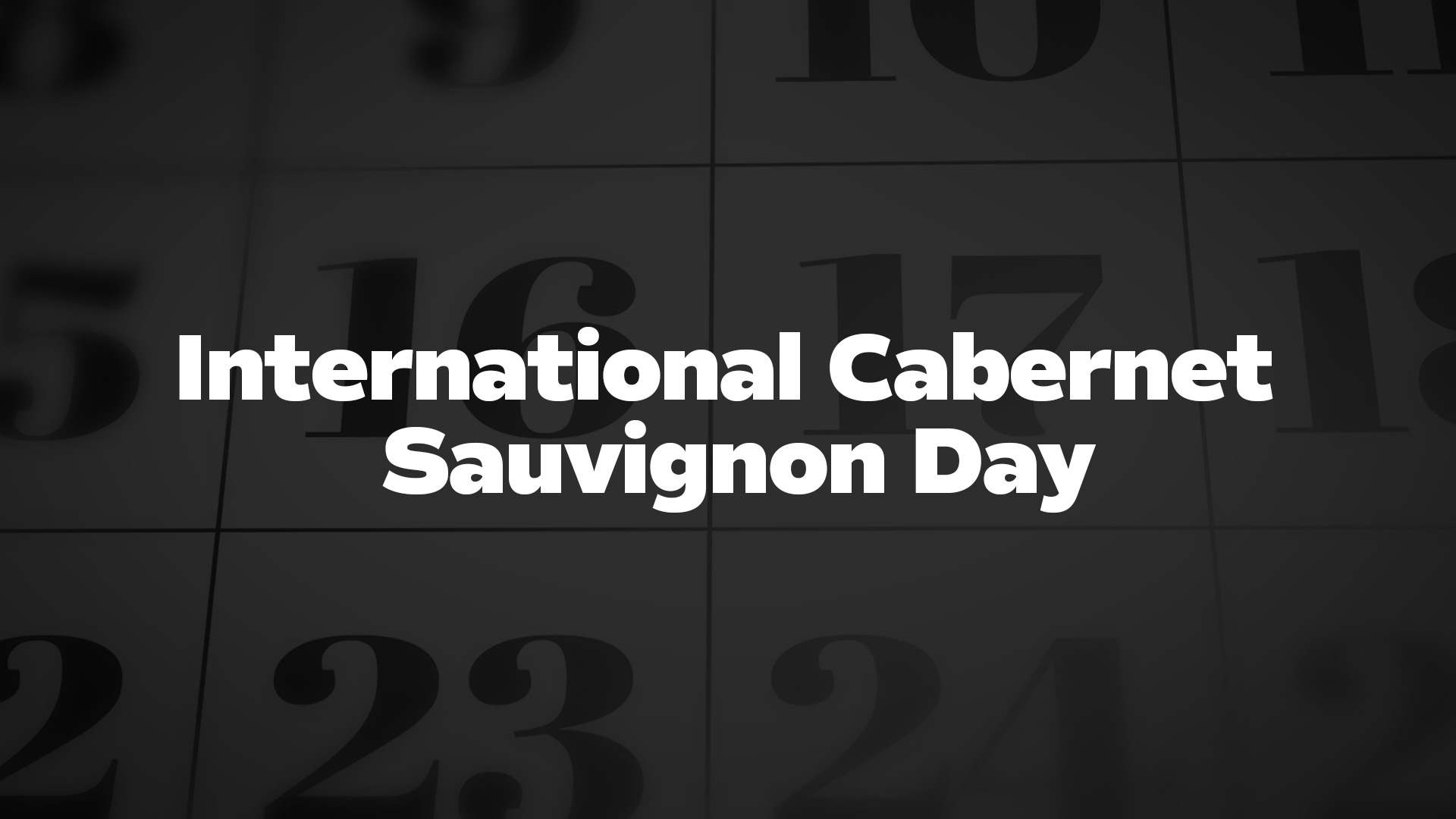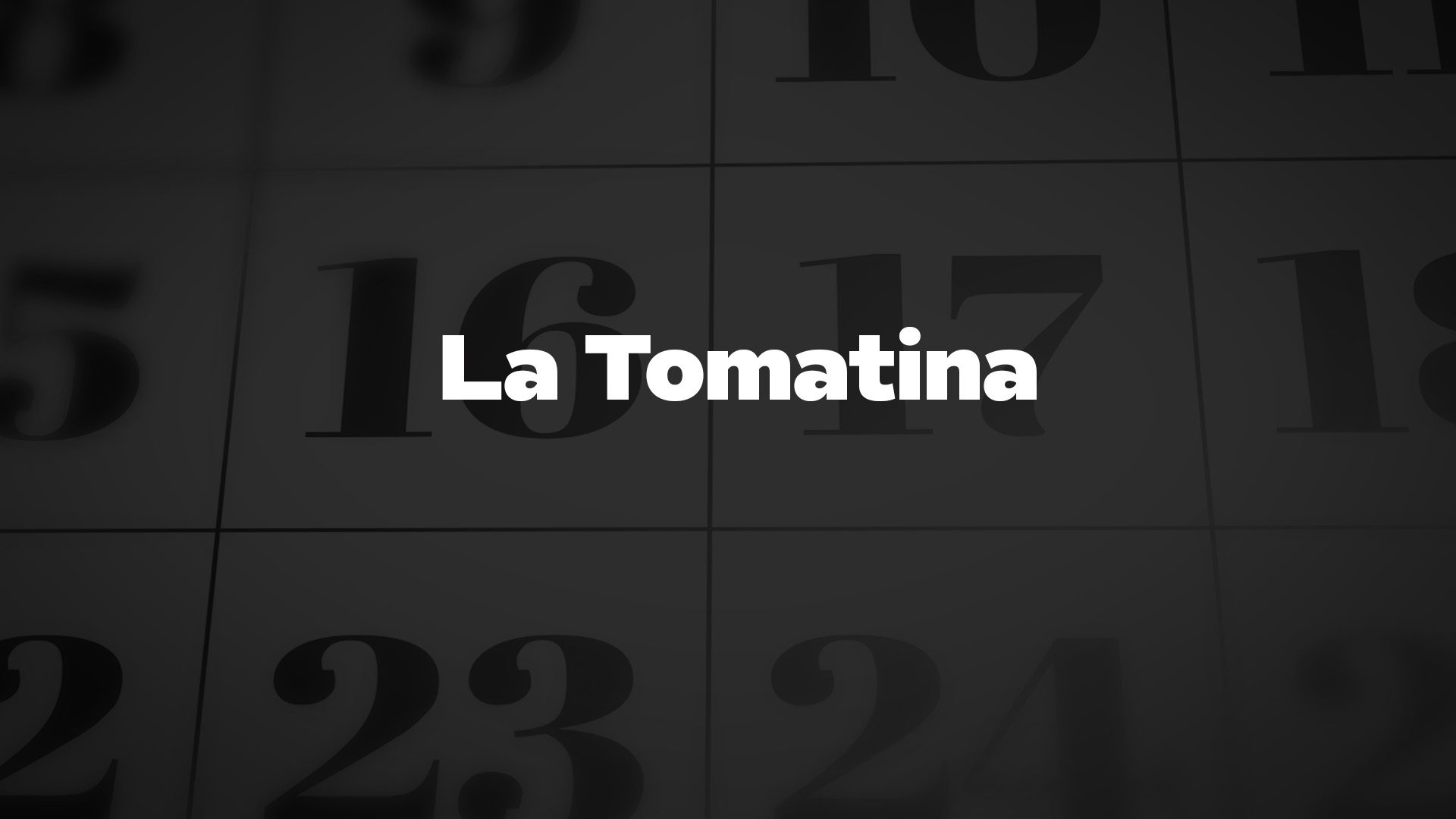International Cabernet Sauvignon Day is a designated day to celebrate and raise awareness about the popular red wine grape variety Cabernet Sauvignon, which is famous for its full-bodied, tannic, and complex flavor profile. It falls on the
#HASHTAGS
#InternationalCabernetSauvignonDay
International Cabernet Sauvignon Day is celebrated annually on the thursday before Labor Day
| Year | Date | Day |
|---|---|---|
| 2024 | August 29 | Thursday |
| 2025 | August 28 | Thursday |
| 2026 | August 27 | Thursday |
| 2027 | August 26 | Thursday |
| 2028 | August 31 | Thursday |
| 2029 | August 30 | Thursday |
| 2030 | August 29 | Thursday |
| 2031 | August 28 | Thursday |
| 2032 | August 26 | Thursday |
| 2033 | August 25 | Thursday |
| 2034 | August 31 | Thursday |
| 2035 | August 30 | Thursday |









